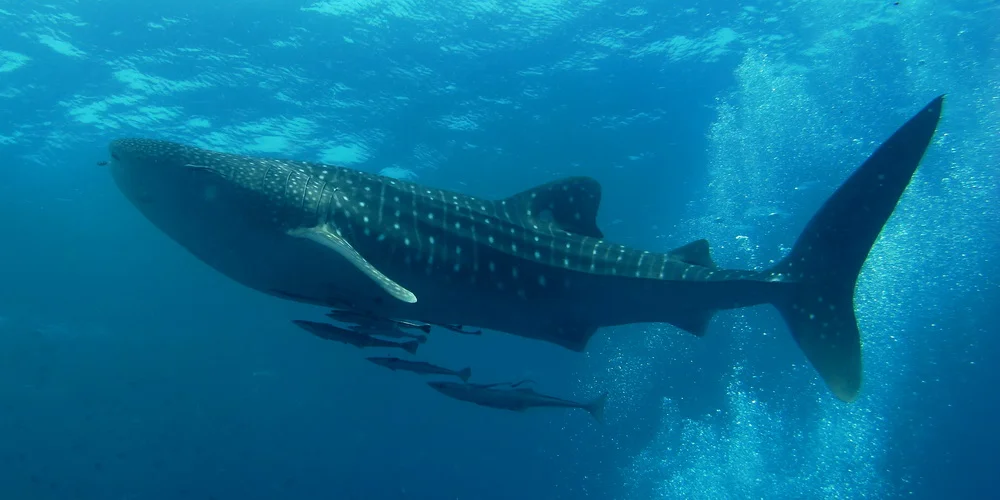Industrial engineers from ‘Technologiecampus Gent ‘(KU Leuven) have developed a module that allows them to map the health of trees online. Using this module trees in a city or park can be monitored online.
Carcasses of tiny animals sealed off by a one kilometer thick ice layer found on Antarctica
Bison are back, and that benefits many other species on the Great Plains
Can genetic engineering save disappearing forests?
For the first time ever scientists succeeded to grow plants on the Moon
When pets are family, the benefits extend into society
There is a growing global trend to consider pets as part of the family. In fact, millions of people around the world love their pets, enjoying their companionship, going for walks, playing and even talking to them. And there is evidence suggesting that attachment to pets is good for human health and even helps build community.
Animal welfare: how to keep your pet happy during thunderstorms and fireworks
Why do leaves change colour?
How forensic science has helped rediscover forgotten apples
It’s been a good year for apples. Across Europe the apple harvest is the biggest it has been for a decade. But the handful of apple types you see on supermarket shelves only tells part of the story. There are actually 7,500 varieties of eating apple grown all over the world, and growers and scientists are making efforts to conserve and extend this.
How the zebrafish got its stripes
Magnetic bacteria and their unique superpower attract researchers
As a graduate student in the 1970s, microbiologist Richard Blakemore probably wasn’t expecting to discover a new bacterial species with a never-before-seen ability. While studying bacteria that live in muddy swamps, he observed that some tended to swim reliably toward the same geographical direction. Even when he rotated the microscope, they persisted in wiggling toward one direction. After confirming that their swimming behaviors were unaffected by light, Blakemore suspected they might be responding to the weak magnetic fields naturally present on Earth.
How animals went from single cells to over 30 different body types
Whilst this planet has gone cycling on according to the fixed law of gravity, from so simple a beginning endless forms most beautiful and most wonderful have been, and are being, evolved. So wrote Charles Darwin, in his On the Origin of Species. The origin and evolution of animals is one of the most fascinating questions in modern biology.
Math shows how DNA twists, turns and unzips
Why you can smell rain
Why the summer sound of noisy crickets is growing fainter
Watch This Lifelike Robot Fish Swim Through the Ocean
How old is my pet in dog years or cat years? A veterinarian explains
Whale sharks gather at a few specific locations around the world – now we know why
The whale shark is the largest fish in the world, but much of its life cycle remains shrouded in mystery. These gentle giants gather in just a handful of places around the globe – something which has long baffled scientists – but our new research has started to explain why. Better understanding of whale shark movements could help prevent further population loss in a species that has already experienced a 63% population decline over the past 75 years.
Wollemi pines are dinosaur trees
To avoid humans, more wildlife now work the night shift
For their first 100 million years on planet Earth, our mammal ancestors relied on the cover of darkness to escape their dinosaur predators and competitors. Only after the meteor-induced mass extinction of dinosaurs66 million years ago could these nocturnal mammals explore the many wondrous opportunities available in the light of day.
















